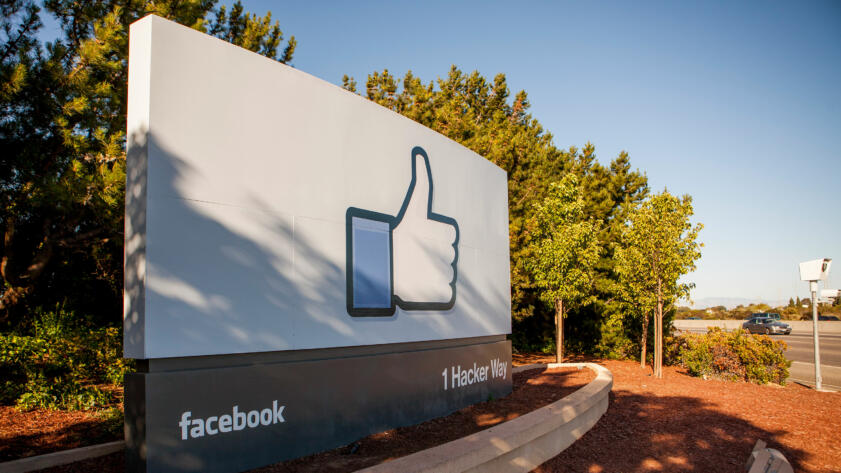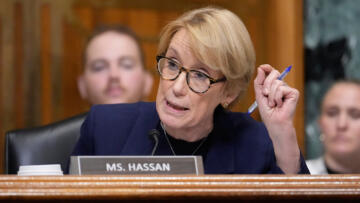In the weeks following The Markup’s publication of a story identifying prominent Holocaust denial groups openly operating Facebook pages despite the platform’s recent ban, the company has quietly removed several of those pages.
“Our goal is to remove hate speech any time we become aware of it, but we know we still have progress to make,” Facebook spokesperson Kristen Morea told The Markup in an email.
The Markup had reached out to Facebook several times before publication but did not receive a response. When we noticed the pages had disappeared, we contacted Facebook and were told the groups were removed for violating the platform’s community standards.
The piece, which was published late last month, specifically identified Facebook pages operated by three long-standing Holocaust denial groups: the Institute for Historical Review, Committee for Open Debate on the Holocaust, and Castle Hill Publishers. All three have now been removed.
The Southern Poverty Law Center lists the three organizations as “active Holocaust denial groups.”
The Markup relied on organizations that track hate groups for verification that the pages were associated with known Holocaust deniers.
An additional page we identified, whose named referenced “white genocide,” a white nationalist conspiracy theory, has also been taken down.
Facebook’s community standards prohibit “denying or distorting information about the Holocaust,” but Morea declined to provide more detail about how the standard is applied, arguing that publicly specifying a definition could allow bad actors to game the system. Morea’s email highlighted a company blog post that noted that “out of every 10,000 views of content on Facebook, 10 to 11 of them included hate speech.”
The Markup also reached out to Twitter about the Institute for Historical Review’s active account on that platform, as Twitter also announced a ban on Holocaust denial earlier this year. Twitter spokesperson Ian Plunkett told The Markup that IHR’s account is “not currently in violation of our policies” and remains active.
While Facebook did remove some of the pages The Markup brought to the company’s attention, others remain active. A fan page for the neo-Nazi author Ernst Zundel, who once wrote a book entitled “The Hitler We Loved and Why,” and a page named after a racist meme linking African Americans to violent crime, are still accessible.
Facebook previously allowed users to post material denying or distorting the Holocaust.
“I find that deeply offensive,” Facebook founder Mark Zuckerberg told Recode in a 2018 interview. “But at the end of the day, I don’t believe that our platform should take that down because I think there are things that different people get wrong.”
In the ensuing years, the company’s policy has shifted. In a blog post earlier this year, Monika Bickert, Facebook’s vice president of content policy, announced that the platform had updated its hate speech policy to prohibit Holocaust denial content.
“Our decision is supported by the well-documented rise in anti-Semitism globally and the alarming level of ignorance about the Holocaust, especially among young people,” Bickert wrote. “According to a recent survey of adults in the US aged 18-39, almost a quarter said they believed the Holocaust was a myth, that it had been exaggerated or they weren’t sure.”





